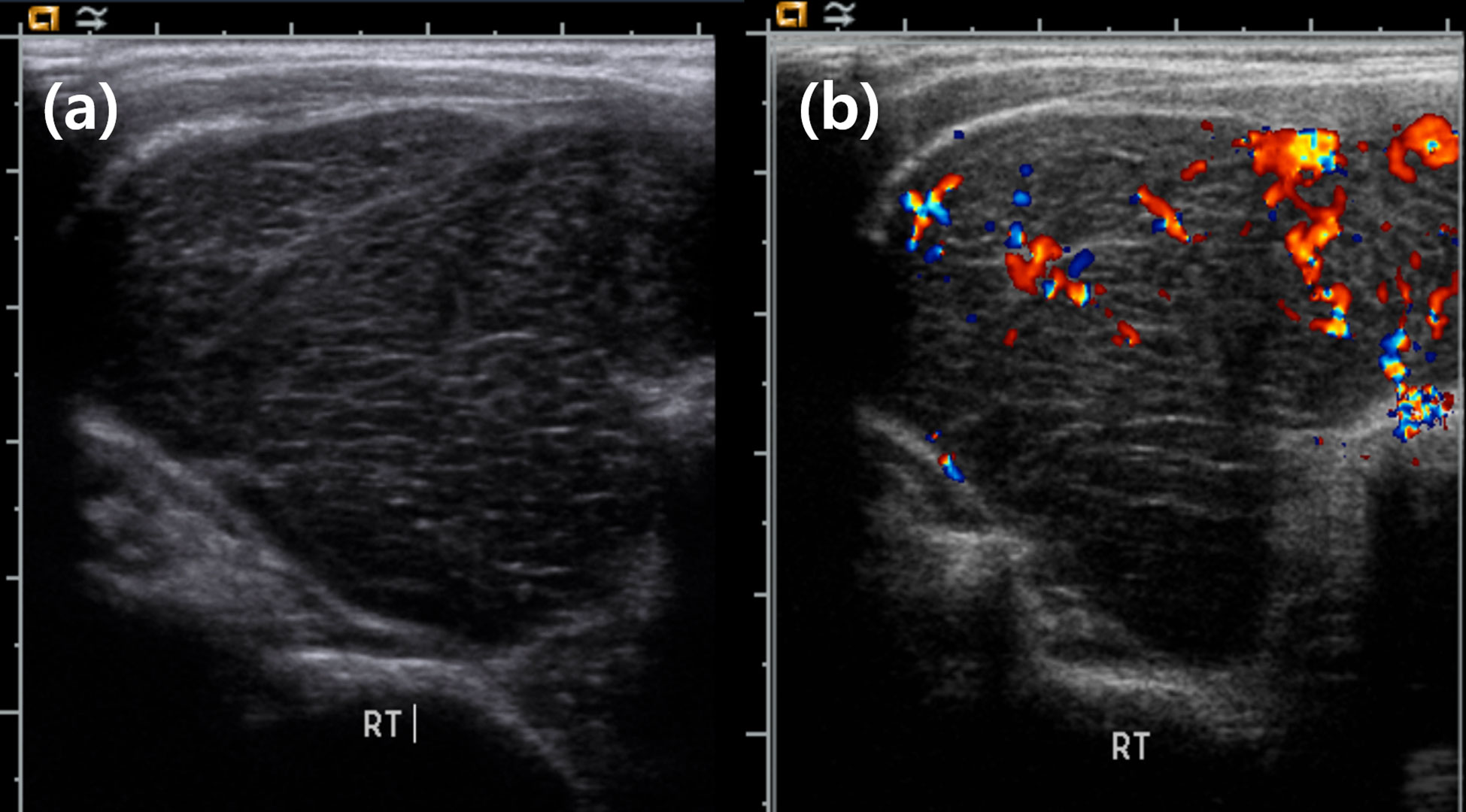
Lymphomatous thyroiditis, also known as Hashimoto's thyroiditis, is a condition where the immune system attacks the thyroid gland. This autoimmune disorder can lead to hypothyroidism, where the thyroid doesn't produce enough hormones. Symptoms often include fatigue, weight gain, and depression. It's a common cause of thyroid issues, especially in middle-aged women. Understanding this condition is crucial for managing its effects on health. In this post, we'll explore 25 essential facts about lymphomatous thyroiditis, from its causes and symptoms to treatment options and lifestyle tips. Stay informed and take control of your thyroid health!
Key Takeaways:
- Lymphomatous thyroiditis, also known as Hashimoto's thyroiditis, is an autoimmune disorder that affects the thyroid gland, leading to hypothyroidism. It's more common in women, runs in families, and can cause subtle symptoms like fatigue and weight gain.
- Understanding the impact of lymphomatous thyroiditis on the body is crucial for effective management. It can lead to immune system attacks, thyroid enlargement, hormone imbalance, metabolism slowdown, and cold intolerance. Early diagnosis and treatment, along with lifestyle adjustments, can significantly improve the quality of life for those with this condition.
What is Lymphomatous Thyroiditis?
Lymphomatous thyroiditis, also known as Hashimoto's thyroiditis, is an autoimmune disorder where the immune system attacks the thyroid gland. This condition can lead to hypothyroidism, where the thyroid doesn't produce enough hormones. Here are some intriguing facts about this condition.
-
Named After a Japanese Doctor: Hashimoto's thyroiditis is named after Dr. Hakaru Hashimoto, who first described the condition in 1912.
-
Most Common Cause of Hypothyroidism: It is the leading cause of hypothyroidism in areas with sufficient iodine intake.
-
Affects Women More Than Men: Women are about 7 times more likely to develop this condition than men.
-
Often Runs in Families: There is a genetic component, making it more common in people with a family history of thyroid disorders.
-
Symptoms Can Be Subtle: Early symptoms might include fatigue, weight gain, and depression, which can be easily overlooked.
How Does It Affect the Body?
Understanding how lymphomatous thyroiditis impacts the body can help in recognizing and managing the condition effectively.
-
Immune System Attack: The immune system mistakenly targets thyroid cells, leading to inflammation and damage.
-
Thyroid Enlargement: This attack can cause the thyroid gland to swell, a condition known as goiter.
-
Hormone Imbalance: Damage to the thyroid affects its ability to produce hormones, leading to an imbalance.
-
Metabolism Slowdown: Reduced hormone levels slow down the body's metabolism, causing weight gain and fatigue.
-
Cold Intolerance: People with this condition often feel unusually cold due to a slower metabolism.
Diagnosis and Treatment
Early diagnosis and appropriate treatment can significantly improve the quality of life for those with lymphomatous thyroiditis.
-
Blood Tests: Diagnosis typically involves blood tests to check levels of thyroid hormones and thyroid-stimulating hormone (TSH).
-
Antibody Tests: Tests for thyroid peroxidase antibodies (TPO) can confirm the autoimmune nature of the disorder.
-
Thyroid Ultrasound: An ultrasound can help assess the size and texture of the thyroid gland.
-
Levothyroxine: The most common treatment is levothyroxine, a synthetic thyroid hormone that helps restore normal hormone levels.
-
Regular Monitoring: Patients need regular blood tests to monitor hormone levels and adjust medication as needed.
Lifestyle and Management
Living with lymphomatous thyroiditis involves more than just medication. Lifestyle changes can also play a crucial role.
-
Dietary Adjustments: A balanced diet rich in selenium and iodine can support thyroid health.
-
Exercise: Regular physical activity helps manage weight and improve energy levels.
-
Stress Management: Stress can exacerbate symptoms, so techniques like yoga and meditation can be beneficial.
-
Avoiding Goitrogens: Foods like soy and cruciferous vegetables can interfere with thyroid function and should be consumed in moderation.
-
Regular Check-ups: Consistent medical follow-ups ensure that the condition is managed effectively.
Interesting Facts
Here are some lesser-known facts about lymphomatous thyroiditis that might surprise you.
-
Connection to Other Autoimmune Diseases: People with Hashimoto's are more likely to develop other autoimmune conditions like lupus or rheumatoid arthritis.
-
Impact on Pregnancy: Untreated hypothyroidism can affect fertility and pregnancy outcomes, making management crucial for expectant mothers.
-
Mental Health Effects: The condition can lead to depression and cognitive issues, highlighting the importance of comprehensive care.
-
Age Factor: While it can occur at any age, it is most commonly diagnosed in middle-aged individuals.
-
Environmental Triggers: Factors like radiation exposure and certain infections can trigger the onset of lymphomatous thyroiditis.
Understanding Lymphomatous Thyroiditis
Lymphomatous thyroiditis, also known as Hashimoto's disease, is a common cause of hypothyroidism. This autoimmune disorder leads to the gradual destruction of the thyroid gland by the body's own immune system. Symptoms often include fatigue, weight gain, and cold intolerance. Early diagnosis and treatment are crucial for managing the condition effectively. Regular thyroid function tests can help monitor the disease's progression. Treatment usually involves thyroid hormone replacement therapy, which can alleviate symptoms and prevent complications. Awareness and education about lymphomatous thyroiditis can lead to better outcomes for those affected. If you suspect you have symptoms, consult a healthcare provider for proper evaluation and management. Understanding this condition empowers you to take control of your health and improve your quality of life.
Frequently Asked Questions
Was this page helpful?
Our commitment to delivering trustworthy and engaging content is at the heart of what we do. Each fact on our site is contributed by real users like you, bringing a wealth of diverse insights and information. To ensure the highest standards of accuracy and reliability, our dedicated editors meticulously review each submission. This process guarantees that the facts we share are not only fascinating but also credible. Trust in our commitment to quality and authenticity as you explore and learn with us.
